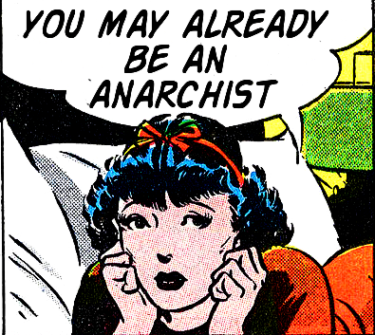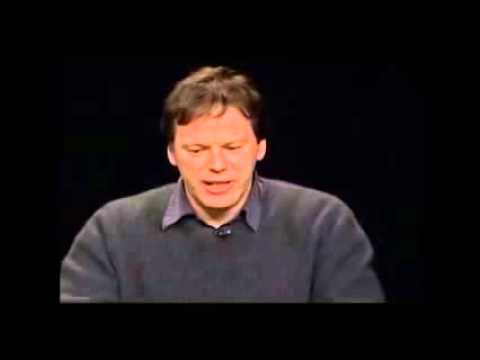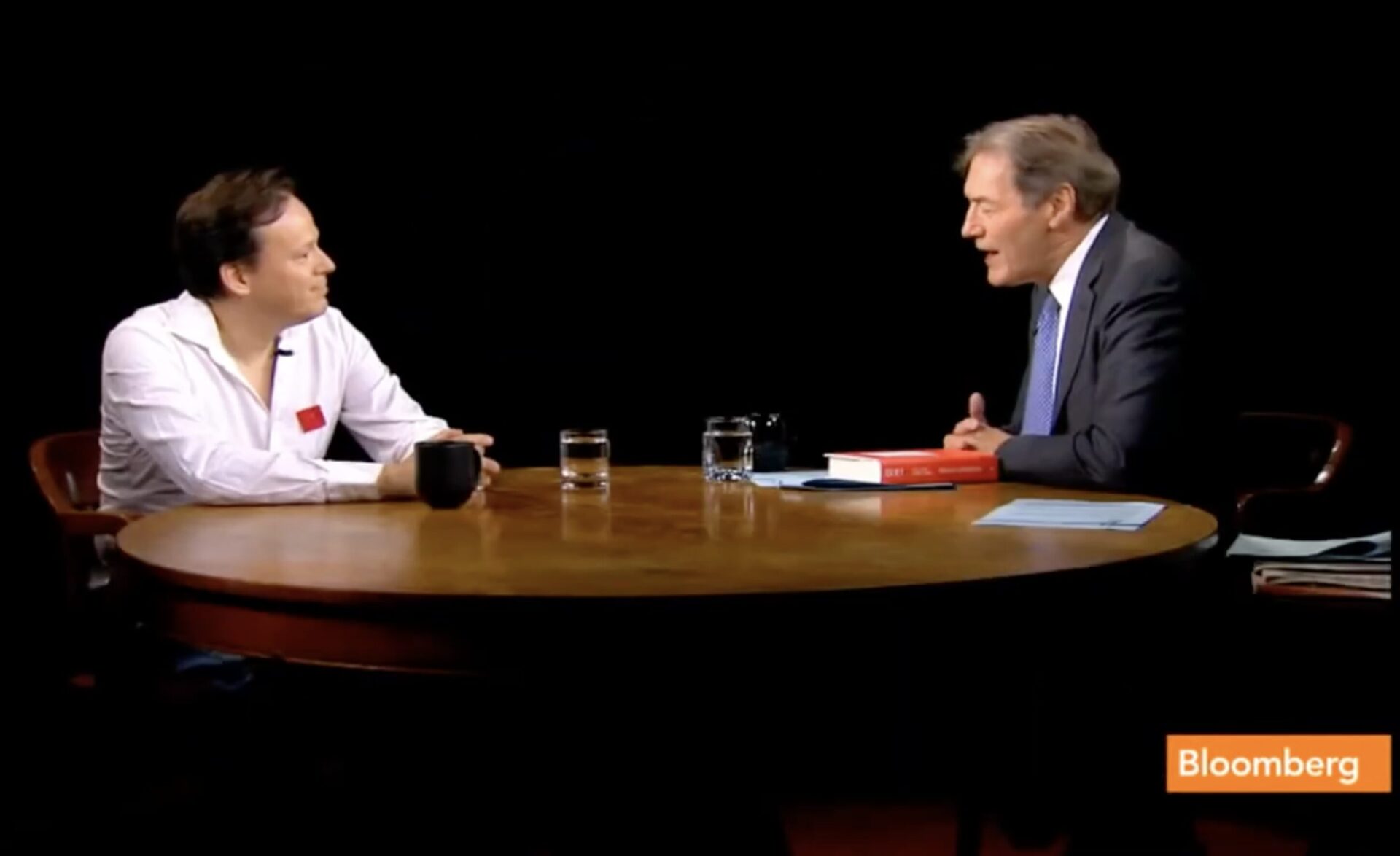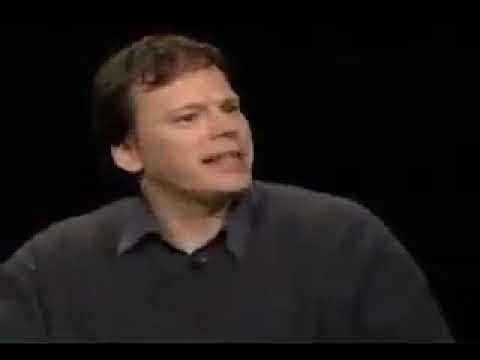Chances are you have already heard something about who anarchists are and what they are supposed to believe. Chances are almost everything you have heard is nonsense. Many people seem to think that anarchists are proponents of violence, chaos, and destruction, that they are against all forms of order and organization, or that they are crazed nihilists who just want to blow everything up.
Charlie Rose interview about anarchism, capitalism and the changing world
2006
David Graeber on Anarchism, Capitalism, Direct Action and the Internet (2006)
David Graeber, the anarchist anthropologist, academic and prominent writer passed away on 2 September 2020 at the age of 59.
Renowned for his biting and incisive writing about bureaucracy, politics, anarchism and capitalism, Graeber played an important role in the birth of the Occupy Wall Street movement and was credited with the known slogan “We are the 99%”, although he personally denied it. He was a professor of anthropology at the London School of Economics (LSE) at the time of his death.
The historian Rutger Bregman called Graeber “one of the greatest thinkers of our time and a phenomenal writer”, while the Guardian columnist Owen Jones called him “an intellectual giant, full of humanity, someone whose work inspired and encouraged and educated so many”, according to the Guardian newspaper.
Born in New York in 1961 to two politically active parents – his father fought in the Spanish Civil War with the International Brigades, while his mother was a member of the international Ladies’ Garment Workers’ Union – Graeber first attracted academic attention for his teenage hobby of translating Mayan hieroglyphs. After studying anthropology at the State University of New York at Purchase and the University of Chicago, he won a prestigious Fulbright fellowship and spent two years doing anthropological fieldwork in Madagascar.
In 2005, Yale decided against renewing his contract a year before he would have secured tenure. Graeber suspected it was because of his politics; when more than 4,500 colleagues and students signed petitions supporting him, Yale instead offered him a year’s paid sabbatical, which he accepted and moved to the UK to work at Goldsmiths before joining LSE. “I guess I had two strikes against me,” he told the Guardian in 2015. “One, I seemed to be enjoying my work too much. Plus I’m from the wrong class: I come from a working-class background.”
His 2011 book Debt: The First 5,000 Years, made him widely known to the public. In it, Graeber explored the violence that lies behind all social relations based on money, and called for a wiping out of sovereign and consumer debts.
Graeber followed it in 2013 with The Democracy Project: A History, a Crisis, a Movement, about his work with Occupy Wall Street, then The Utopia of Rules: On Technology, Stupidity and the Secret Joys of Bureaucracy in 2015, which was inspired by his struggle to settle his mother’s affairs before she died. A 2013 article, On the Phenomenon of Bullshit Jobs, led to Bullshit Jobs: A Theory, his 2018 book in which he argued that most white-collar jobs were meaningless and that technological advances had led to people working more, not less.
“Huge swaths of people, in Europe and North America in particular, spend their entire working lives performing tasks they believe to be unnecessary. The moral and spiritual damage that comes from this situation is profound. It is a scar across our collective soul. Yet virtually no one talks about it,” he told the Guardian in 2015 – even admitting that his own work could be meaningless: “There can be no objective measure of social value.”
An anarchist since his teens, Graeber was a supporter of the Kurdish freedom movement and the “remarkable democratic experiment” he could see in Rojava, an autonomous region in Syria. He became heavily involved in activism and politics in the late 90s. He was a pivotal figure in the Occupy Wall Street movement in 2011 – though he denied that he had come up with the slogan “We are the 99%”, for which he was frequently credited.
“I did first suggest that we call ourselves the 99%. Then two Spanish indignados and a Greek anarchist added the ‘we’ and later a food-not-bombs veteran put the ‘are’ between them. And they say you can’t create something worthwhile by committee! I’d include their names but considering the way police intelligence has been coming after early OWS organisers, maybe it would be better not to,” he wrote.
The video that you see above is an extract from an interview he gave to Charlie Rose back in 2006 right after the Yale incident.
See his text titled:
“Are You An Anarchist? The Answer May Surprise You!”




